Why is it that we were all taught the best way to retire is by going to school, getting a job, investing our money in retirement accounts, and waiting to turn 60 as you watch forty some years of your life go by? There has to be a better way right? Absolutely.
The Long Way To Retire
See, we are taught that you can retire once you have a certain amount of money in your bank/retirement accounts. People decide the amount of money they need, basically by calculating how much they can withdraw each year until they die(depressing right?). If this number is in line with their yearly expenses, they are probably safe to retire. Of course, it’s a little more complicated than that once we start to factor dividends, interest rates, social security, health care, etc, but that really is the gist of it.
The Quick Way To Retire
If you’ve read my article about financial independence at 22, then maybe you know what I’m about to say. I truly believe there are only two main components to early retirement: passive income and frugality. Think about it! Remember how most people retire once they are able to cover their yearly expenses by the withdrawals from their bank accounts? According to this article, the average retired American spends about $3,700/month in retirement. How long would it take you to build passive income streams that would total at least $3,700/month? I bet a lot less than 40 years! Alright sure, maybe the entrepreneurial route isn’t exactly “easy”, but it’s really not as difficult as you might think and the rewards are high.
Passive Income
Passive income is money earned without actively working for it(maybe a few hours a month will be needed for maintenance, etc). Most passive income strategies will require one of the following: up-front time investment or upfront monetary investment. The possibilities are endless, but here’s a few off the top of my head to start:
- Dividends
- Interest(stocks, funds, CDs, notes, etc)
- Rental property
- Write a book
- Create an app
- Car wash
- Laundromat
- Sell a course
- Really, anything that you can create digitally once, and then sell
- Start or buy a business that can operate without you in it
Things became much more clear to me once I understood the difference between putting income-producing assets vs. a liability on my balance sheet. For example, my friend’s brand new $35,000 car he just financed: liability. The $37,000 rental property I just financed: asset. Many make the mistake of assuming liabilities are assets. In reality, a $35,000 brand new car will never produce any income while it depreciates at one of the quickest rates of anything you could ever purchase.
Frugality
Here’s the part no one wants to read! Frugality is just as powerful as passive income when it comes to this strategy for early retirement. I won’t go into a lecture about how you need to spend less money, but you should aware of how frugality can help you.
First, the obvious one: when your monthly expenses are lower, your passive income goals can be reached sooner. How much would your monthly expenses decrease if you didn’t have a car payment or you gave up that sweet $2,000/month studio apartment(or $2,000 mortgage payment for an oversized house)? Retirement will be achieved years sooner this way.
Second, the less obvious advantage of frugality: any more money saved can be invested in creating passive streams of income. So not only do you need to make less money to reach your goals, now you can also expedite the process of making more money! Saving $1000 in a month is money that will now be used to invest in dividend stocks, rental real estate, businesses, or whatever one chooses. Warning: doing the math with that extra $1,000 saved and invested each month will frighten you once you realize how much quicker you can retire by cutting unnecessary expenses now. This is thanks to what Albert Einstein refers to as “the 8th wonder of the world”: compound interest.
What I Do
On an average salary, I’ve been able to buy rental properties that produce monthly income and I do so as passively as possible by paying management companies to deal with tenants and repairs. Ain’t nobody got time for that, am I right? I personally believe real estate is one of the safest vehicles to provide passive income, but maybe you hate the idea of owning property or maybe you think the entire market will come crashing down. There are plenty more options! I’m building more diverse streams of income as we speak. I don’t want all my eggs in one basket(more on those baskets some other time). According to my Mint account, I’m averaging $1422/month in expenses over the last year. My personal goal is to make $4,000 a month passively, as I think this amount would safely cover my expenses, emergencies, and fun. I started working towards this goal less than a year ago. Today I am netting about $1,000/month in passive cash flow. At this pace, I should be able to ditch the shackles of my cubicle within the next 3 years! But hey, I’m an optimist.


What resources did you use to learn about real estate investing? I’m interested in learning more.
Btw, is that 35000 condo the one you wrote about in your house hacking article? That’s crazy!
BiggerPockets.com forums and their podcasts taught me more than I could have hoped to ever learn, honestly. Amazing site and community.
These are actually different properties! My condo that I live in and house hack was 44k(35k financed) and this triplex was a separate investment for 37k.